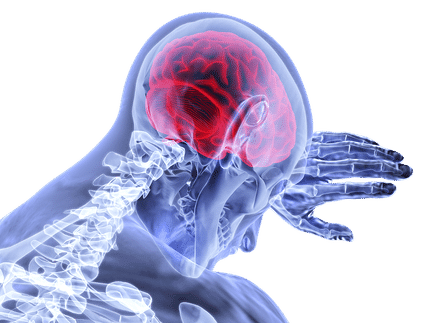New light on bipolar treatment drugs
Potential mechanism identified for Lithium operation in the brain
Advertisement
lithium has been established for more than 50 years as one of the most effective treatments for bipolar mood disorder. However, scientists have never been entirely sure exactly how it operates in the human brain. Now, new research from Cardiff University scientists suggests a mechanism for how Lithium works, opening the door for potentially more effective treatments.
Laboratory tests on cells have shown that Lithium affects a molecule called PIP3 that is important in controlling brain cell signalling. Lithium suppresses the production of inositol, a simple sugar from which PIP3 is made. Lithium inhibits inositol monophosphatase (IMPase) an enzyme required for making inositol. Importantly, this research shows that increasing the amount of IMPase causes higher levels of PIP3. This can then be reduced by lithium treatment. High levels of IMPA2, a gene for a variant of IMPase, has previously been linked to bipolar mood disorder. This new result suggests that Lithium could counteract the changes in IMPA2.
Professor Adrian Harwood of Cardiff School of Biosciences, who led the research, said: "We still cannot say definitively how Lithium can help stabilise bipolar disorder. However, our research does suggest a possible pathway for its operation. By better understanding Lithium, we can learn about the genetics of bipolar disorder and develop more potent and selective drugs.
"Further, altered PIP3 signalling is linked to other disorders, including epilepsy and autism, so this well established drug could be used to treat other conditions. Research into Lithium could become very important over the next few years."
Lithium is currently under clinical trial for the treatment of neurogenerative disorder amyotrophic lateral sclerosis (ALS).
Most read news
Topics
Organizations
Other news from the department science

Get the life science industry in your inbox
By submitting this form you agree that LUMITOS AG will send you the newsletter(s) selected above by email. Your data will not be passed on to third parties. Your data will be stored and processed in accordance with our data protection regulations. LUMITOS may contact you by email for the purpose of advertising or market and opinion surveys. You can revoke your consent at any time without giving reasons to LUMITOS AG, Ernst-Augustin-Str. 2, 12489 Berlin, Germany or by e-mail at revoke@lumitos.com with effect for the future. In addition, each email contains a link to unsubscribe from the corresponding newsletter.


























































